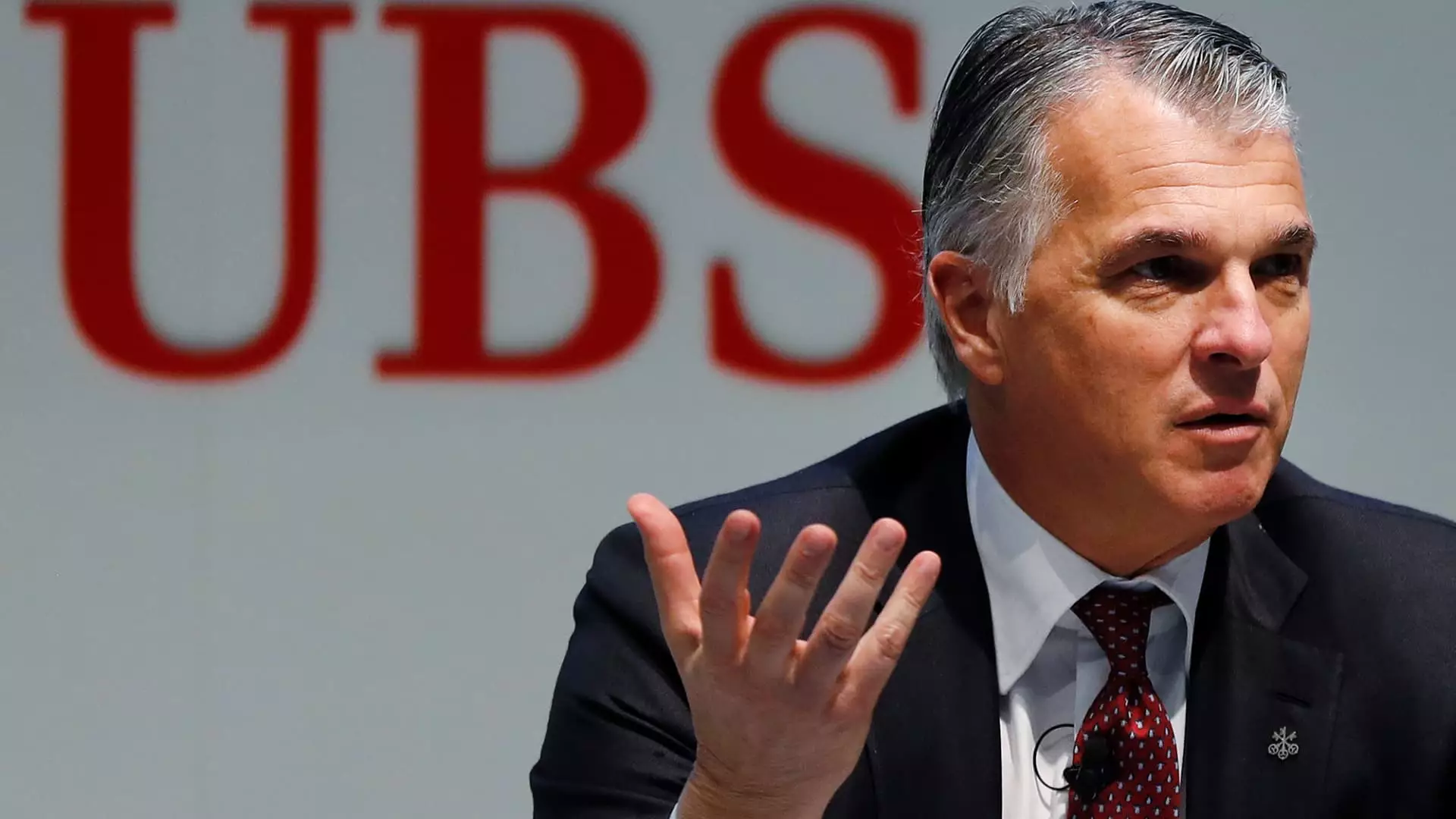UBS CEO Sergio Ermotti recently discussed his views on the potential for increased market volatility in the second half of the year. While addressing concerns about a possible recession in the U.S., he expressed his belief that a slowdown is more likely than a full-blown recession. Ermotti highlighted the impact of weak economic data from the U.S. that led to significant sell-offs in global equities. This uncertainty in the market has raised questions about the Federal Reserve’s monetary policy stance and the need for a more accommodative approach.
Challenges Facing the U.S. Economy
Despite acknowledging the possibility of a slowdown, Ermotti emphasized that the current macroeconomic indicators do not definitively point towards a recession. He noted that the Federal Reserve has the capacity to intervene and provide support to the economy, albeit with a time lag for the effects to be felt. UBS expects the Fed to cut rates by at least 50 basis points this year, with market expectations split between a 50 and a 25 basis point reduction at the upcoming September meeting. Ermotti underscored the importance of monitoring key events like the U.S. presidential election and the broader geopolitical landscape for potential impacts on market volatility.
Central Bank Policies and Economic Uncertainty
The unpredictability of central bank policies adds another layer of uncertainty to the economic outlook. Recent rate cuts by major central banks, including the Swiss National Bank, the European Central Bank, and the Bank of England, reflect a proactive approach to addressing economic challenges. The effectiveness of these measures in stimulating economic growth and mitigating risks remains to be seen. Ermotti’s assessment of the evolving market conditions indicates a shift towards a more normalized regime with increased volatility, which can present both challenges and opportunities for financial institutions like UBS.
Overall, the combination of geopolitical tensions, economic uncertainties, and policy responses from central banks sets the stage for a period of heightened market volatility. While this may pose challenges to investors and market participants, it also creates potential opportunities for proactive strategies to navigate the evolving landscape. Ermotti’s cautious optimism about the U.S. economy underscores the need for vigilance and adaptability in a complex and interconnected global market environment. As we navigate the second half of the year, the path to economic slowdown will require a blend of foresight, resilience, and strategic decision-making to chart a course towards sustainable growth.

